“A woman without paint is like food without salt,” wrote Titus Macchius Plautus, a Roman playwright in around 100 B.C. Throughout history, women have tried every conceivable means to look beautiful – from using poisonous mixtures to deliberately making themselves bleed to achieve the pale white complexion they wanted.
Archaeologists found that the Egyptians were the earliest to use make-up. Emphasis was put on their eyes which they artistically and meticulously painted with green and black. The green paste was made from malachite and the dark gray color was derived from antimony sulphide or lead sulphide (Illes, 2000). In about 1500 B.C., Chinese and Japanese used rice powder on their face to make it white. Greeks and Romans used white lead and chalk (French, 2004).
Most of the ingredients in cosmetics used by women, from the ancient world down to the 18th century, were hazardous to health. One famous example was Catherine Maria “Kitty” Fisher in the 1700s who was believed to have died from using lead-based cosmetics (French, 2004). However, as time passed by, make-up became much safer to use.
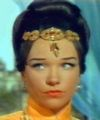
Evolution of Make-up
In the 1950s when women have to look sophisticatedly feminine, make-up color revolves around pastel shades. In the Fiftiesweb website, the basis of any fifties make-up look is “peaches and cream complexion”. The eyes are highlighted with liquid eyeliner “making a sharp, highly defined contour.” (www.fiftiesweb.com). Here, Shirley Maclaine wears paeach for her cheeks and orange for her lipstick. The upper lid of her eyes were highlighted by eyeliner.
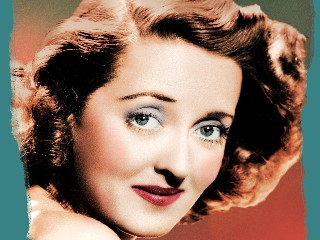
Make-up became more bold and daring in the 1960s. Elizabeth’s “Cleopatra” look had a strong influence on the type of make-up that women wore that time. The emphasis was on the eyes, beginning the trend of using false eye-lashes. (www.channel4.com) In this picture, Bette Davis’ eyelashes are highlighted with eyeliner. She wears red, which is a bolder and more daring color than the pastel shades of the 1950s.
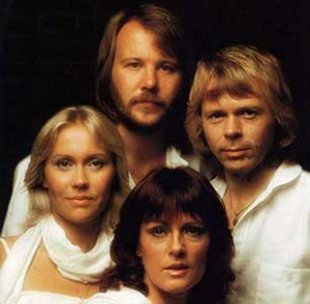
While the eyes were the focal point of make-up in the earlier decades, the 1970s saw a more subtle attention to them. White complexion was also out of fashion paving the way for more tanned effect. “Pearlescent colors were popular for eye shadow, nail polish and lipstick.” (www.freebeautytips.org) Here, ABBA’s Agnetha Faltskog does not have excessive eye make-up. Her complexion looks tanned by the effect of her foundation’s darker shade of brown.
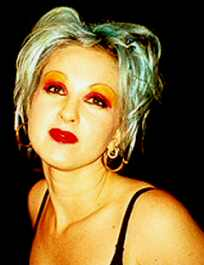
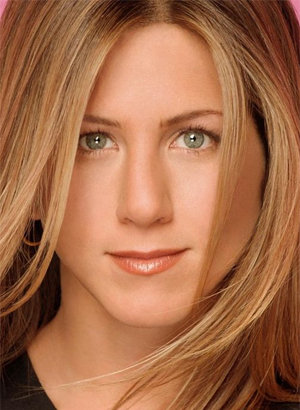
The 1980s was described as “the age of excess” were every detail in fashion had to be big and exaggerated. Hair was worn big and fluffy and make-up was exaggerated. Neon make-up was used by pop icons Madonna and Cindi Lauper. Here, Lauper’s eye make-up looks outrageous with red and orange matching it with equally bold and daring red lipstick.
In the 1990s, matte is the trend. The era drew inspiration from the choice of colors of the 1950s combining it with the bronze look of the 1970s. Peach, brown, orange and grey were oftentimes used. (Ulta beauty, n.d.) Jennifer Aniston, in this picture, wears orange lipstick. Her cheeks are peachy with the pastel pink blush on used.
Bibliography
- 1970s Style Disco Makeup and Era Fashions that have a Vintage Flair, 2005. Free Beauty Tips. Web.
- Because You’re Worth It, One Hundred Years of Make-up. Web.
- Fads, Fashion, Slang.
- French, Christy T. 2004, History of Make-up. Web.
- Illes, Judith. 2000, Ancient Egyptian Eye Make-up. Tour Egypt Monthly. Web.
- The World of Beauty is Evolving. Ulta Beauty. Web.